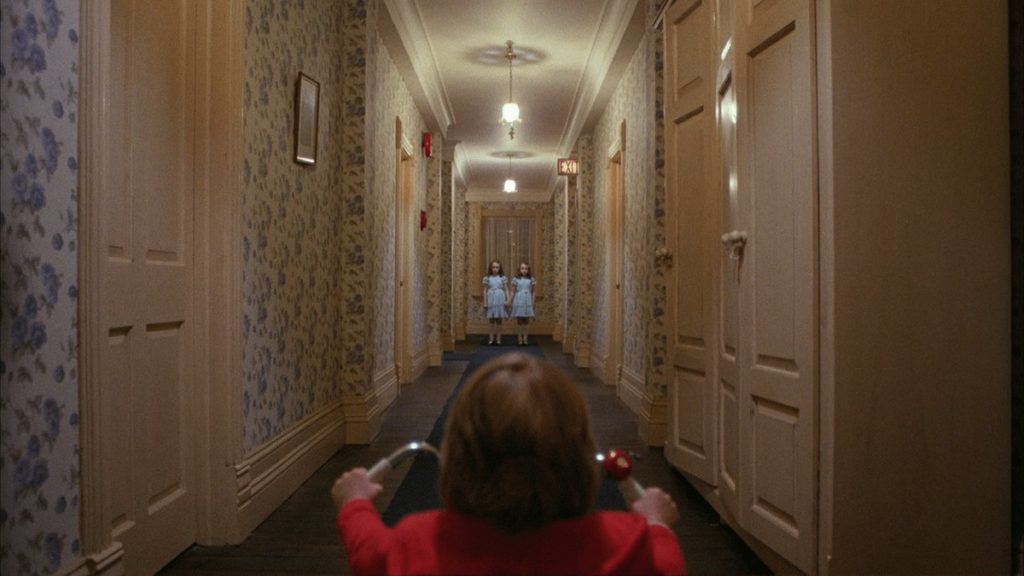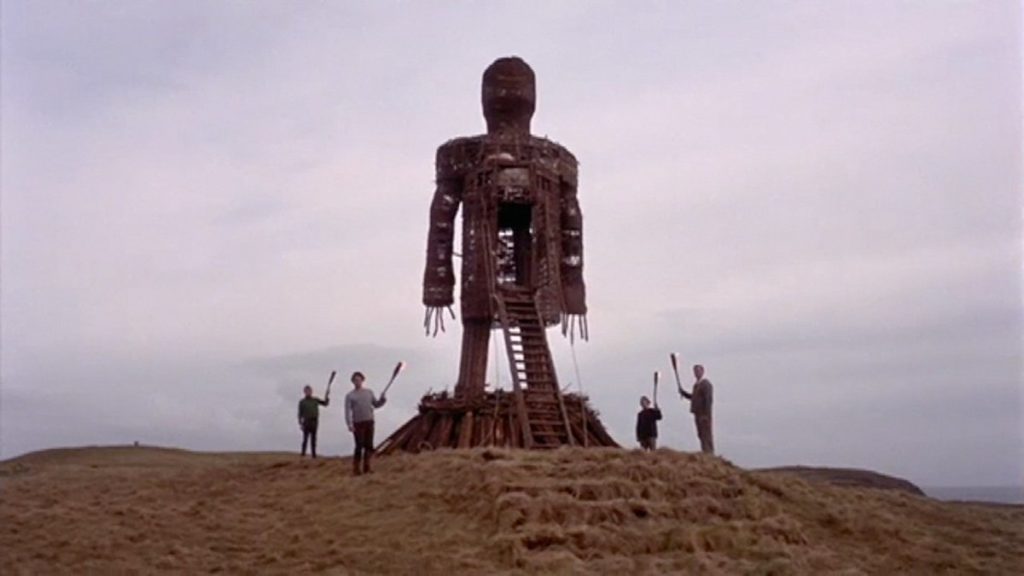I’m much less sold on the waterboarding of Ruth Langmore, orchestrated by Helen to determine whether or not she’d ratted Marty out or if his trust in her, despite it all, was valid. I get the need to portray the cartel as the supreme badasses, and to sell Helen as the slay-queen sort who can torture teenagers on behalf of mass murderers but still wish she was at home playing with her kids; since you can’t just pause the action and turn to the camera and recite the URL for these cliches on TVTropes this will have to do.
But I have a harder time swallowing the idea that a billion-dollar drug operation believes this form of interrogation yields any useful information whatsoever when everyone outside the Republican Party knows it just makes people say what they think you want to hear, or that we as viewers need to suffer through the brutalization of a teenage girl to reinforce the bogus notion that Torture Works.
To add insult to injury, the scene was superfluous, because the issue of whether or not Ruth would flip was already tense and emotional as it was. You had the whole weird sexualized intimidation routine with Petty. You had the normally stalwart Ruth hiding, crouched in strip club office, wondering how to make it past the cartel alive. You had Marty learning Ruth had tried to kill him, and Ruth learning that Marty learned it, and Marty talking to Ruth directly about it, and Ruth admitting it. You had Wendy and Cade floating around in the mix too, with their own agendas and reactions to everything. Wasn’t watching these four people figure out what to do about the mess they were in more interesting than a Zero Dark Thirty reenactment?
I will at least give the show credit enough to believe that Ruth’s experience will wind up being the most important aftershock of this sequence, not Cade’s thirst for revenge or Marty’s guilt; Ozark has taken great pains to build Ruth up as its most interesting and well-rounded yet still difficult character, and I don’t see them suddenly non-lethally fridging her to make the menfolk feel things. But I can really only talk about what’s on screen in the here and now (at least until the Netflix UI automatically rolls me over into the next episode), and it was corny and ugly and pernicious. I expected better, and more entertaining to boot.
I reviewed the fifth episode of Ozark Season Two for Decider. I wanted to draw attention to this (uncharacteristically) unsavory and unnecessary sequence in particular.


